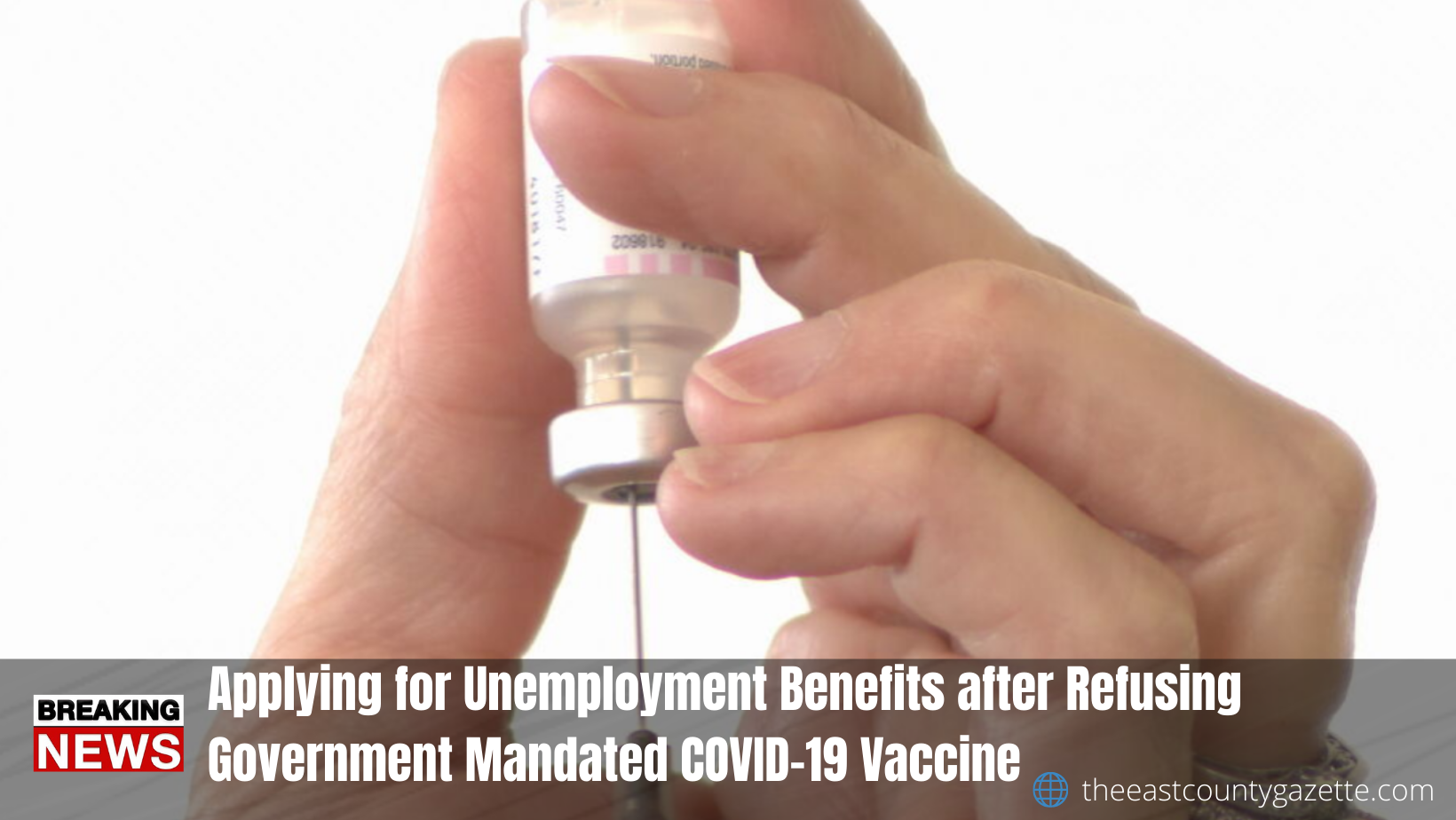New York hospitals on Monday (Sept 27) began firing or suspending healthcare workers for defying a state order to get the Covid-19 vaccine, and resulting staff shortages prompted some hospitals to postpone elective surgeries or curtail services.
New York City Mayor Bill de Blasio told a news conference the city’s hospitals were not yet seeing a major impact from the mandate, adding he worried about other areas of the state where vaccination rates are lower.
Hospitals around the country have begun firing healthcare workers who refuse to comply with coronavirus vaccination requirements, triggering concerns among some about possible staffing shortages that could arise as mandates are implemented.
With Pfizer’s COVID-19 vaccine getting full approval, more private employers are now adding company policies requiring their workers to be fully vaccinated by specific dates, unless they have a cleared religious or medical exemption.
Some employees will choose to quit their job or get fired instead of getting the vaccine, but violating a company rule could mean no unemployment insurance benefits for those individuals as they search for new jobs.
“When an employee refuses to get vaccinated in response to an employer mandate, what the employee is doing is violating a company rule,” said Dan Analyst, a legal analyst.
“Under those circumstances, the violation of a company rule, an employee generally is not entitled to unemployment if that’s the reason for their dismissal,” said Eaton.
Eligibility requirements for unemployment benefits differ between states. In California, for example, the state’s state’s Employment Development Department (EDD) says unemployment claims are determined on a case-by-case basis by looking at the facts specific to each individual claim.
Recommended Read: Unemployment Benefits: Will AOC Be Able to Extend It Until 2022?
But a spokesperson for EDD adds, “Without speaking to a particular case, benefits are generally available to those who lose work through no fault of their own. When someone quits or is fired and then seeks unemployment benefits, we conduct a phone interview with both the claimant and employer to determine if the person is eligible for benefits.”
According to the EDD, if an applicant quits their job, they will need to prove there was “good cause for leaving” and that they made all “reasonable attempts” to keep that job. If they were fired, the employer needs to prove there was misconduct. Misconduct could include violating a company policy.
Eaton expects the EDD to be busy with these claims; he also expects more lawsuits to come from the workplace mandates.
“When there is a mandate and a resistance to a mandate almost by definition, it results in legal disputes, and as often happens, the courts are going to be the final arbiter,” said Eaton.

